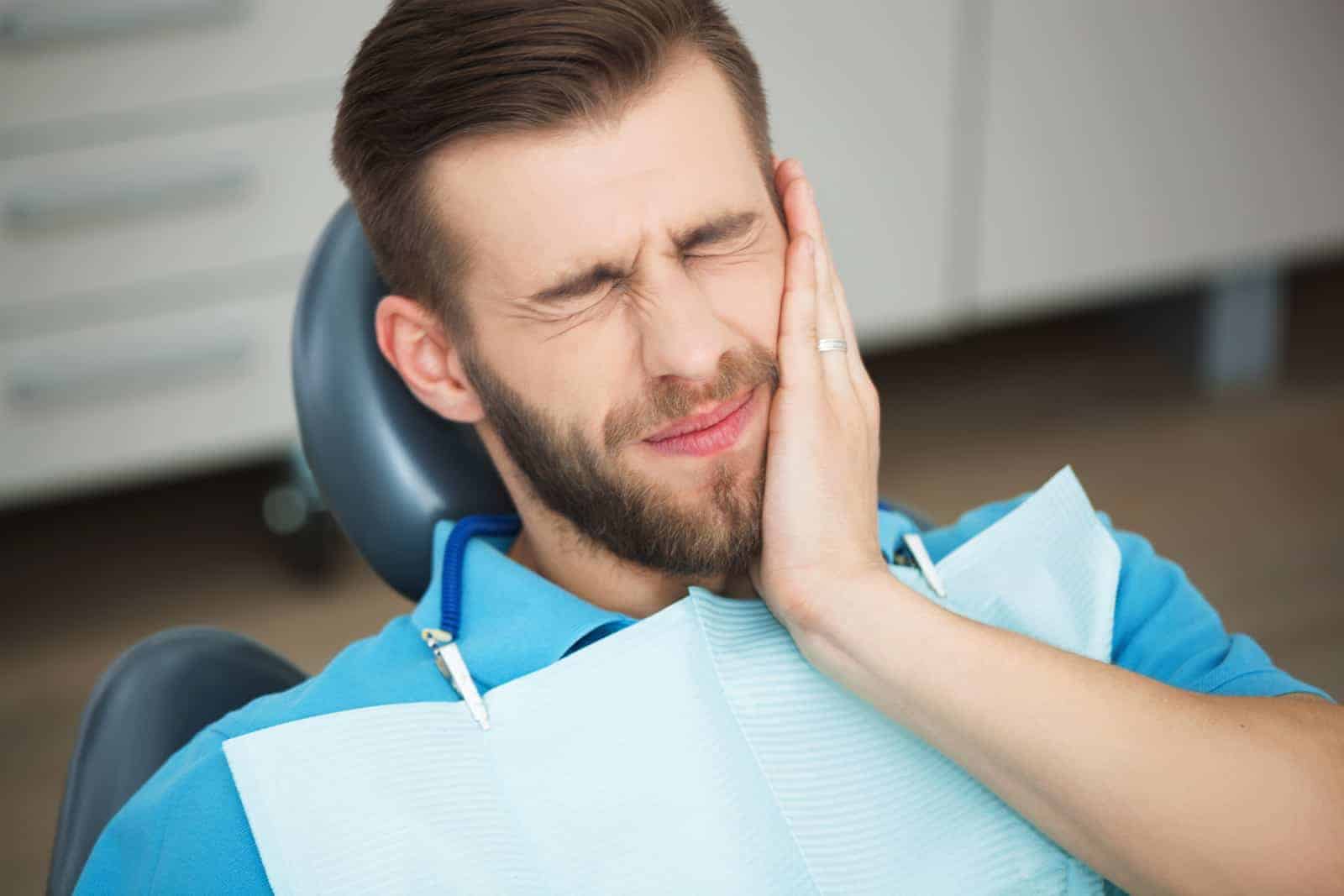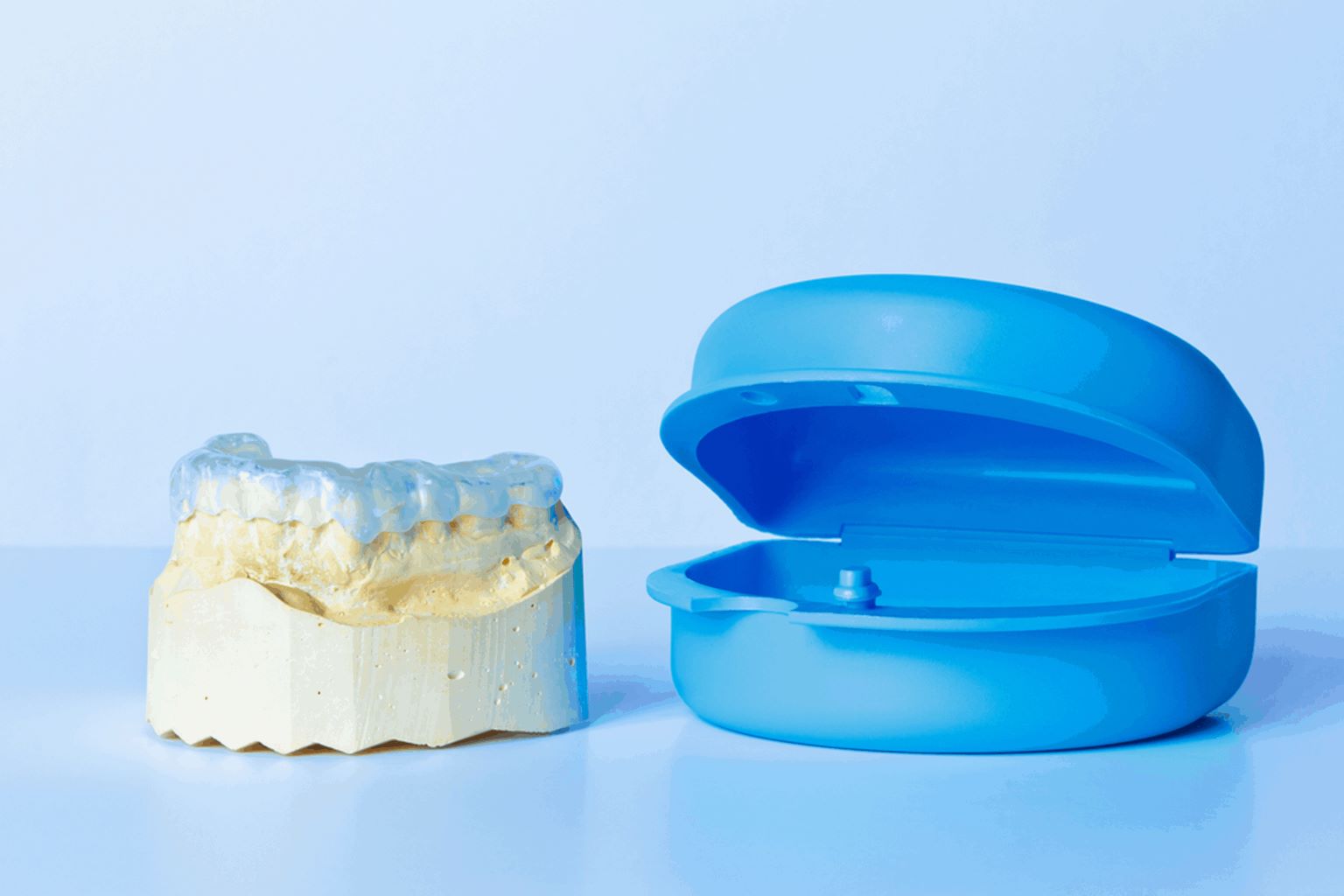Bruxism near Kissimmee, FL
Bruxism Near You
There are a lot of things that people have deemed normal because of how common it is. A classic example of one of these conditions would be bruxism. It may come to you as something new, but as you read about it, you may discover that at one point in your life, you have witnessed or even experienced bruxism.

What is Bruxism?
This is an oral parafunctional activity that is characterized by the grinding of the teeth and the clenching of the jaw. This is one of the most common sleep disorders experienced by patients. The damage caused usually occurs at night. This happens during sleep for sufferers, it is when the reflex nerve control center is turned off and the reflex pathways become active.
There are two types of bruxism, one is awake bruxism which is usually caused by anxiety, anger, stress, frustration, or tension. The other type is sleep bruxism which is a sleep-related chewing activity that is related to wakening at night.
What happens during the process is the incisors and canines of opposing arches grind against each other laterally. This strains the pterygoid muscles and the temporomandibular joints, resulting in headaches, depression, earaches, anxiety and even eating disorders.
Reasons for the Treatment of Bruxism
It is important to diagnose and treat bruxism near Kissimmee, FL due to its tendency of causing gum recession and tooth loss. This creates direct damage to soft tissues and leads to the loosening of the teeth and the filling of deep pockets with bacteria.
Also, it can cause occlusal trauma which is classified as an abnormal wear pattern that can lead to fractures in the teeth. There is also the possibility of developing arthritis in the temporomandibular joints. This can cause myofascial pain that can be distracting and the cause of debilitating headaches.

Treatment Options for Bruxism
Bruxism can be addressed using different methods. One would be the use of mouthguards. These are created from tooth impressions to lessen the abrasive action of the tooth surfaces during sleep. It is recommended to be worn on a long-term basis to avoid further damage to the tooth and temporomandibular joint.
An NTI-TSS device can also be used to cover the front teeth. This is fitted by professionals to make sure the contraction of the temporalis muscle is limited, and your rear molars are not grinding together. Another method would be Botox. This can be injected into the muscles to relax and weaken them. When the muscles are relaxed and weakened, grinding is less likely to occur. There is no need to worry because Botox relaxes your muscles but does not interfere with speaking or chewing.
Signs and Symptoms of Bruxism
When you experience teeth grinding or clenching that is loud enough to wake someone up in the room, you may be suffering from bruxism. Some indicators are also flattened fractured, loose or chipped teeth, or worn tooth enamel leading to exposed layers of your teeth. When there is an increase in the intensity of your tooth pain or sensitivity to temperature, or when you feel tight or tired jaw muscles that are sometimes accompanied by the locked jaw, or when you feel sore in the face, neck, or jaw, it is time to see your dentist. Sometimes the pain would feel like an earache or a dull headache that starts in the temples.
This is just some of the vital information you should know about bruxism near Kissimmee. The discomfort and damage that were done to your teeth and your routine do not have to be tolerated. It is something that can be addressed and solved with the help of professionals and some devices.
FAQs
Bruxism, or teeth grinding, can result in tooth sensitivity. The continual grinding wears down tooth enamel, exposing the underlying dentin, which can be uncomfortable when eating hot, cold, or sweet foods and beverages.
While bruxism and sleep apnea are distinct conditions, they can be related. Teeth grinding before sleeping may cause the muscles to become tense, and inflammation may occur, making the airway smaller which will lead to difficulty breathing and possible problems with a person’s sleep patterns.
Managing bruxism often involves stress reduction techniques, such as relaxation exercises or treatment. Dentists might recommend for you to wear a mouthguard at night to protect your teeth. In some circumstances, dental treatments such as caps or fillings have proven to be beneficial in repairing teeth that have fractured due to stress.
Our Services
- TMJ
- Braces
- Bruxism
- Sealants
- Dentures
- Retainers
- Invisalign
- Orthodontics
- Teeth Whitening
- Porcelain Crowns
- Root Canal Therapy
- Composite Fillings
- Oral Hygiene Aids
- Periodontal Disease
- Porcelain Fixed Bridges
- Cleaning and Prevention
- Bone and Gum Grafting
- Wisdom Teeth Extractions
- Dental Implants
- Oral Cancer Exam
- Porcelain Veneers
- Pocket Reduction Surgery